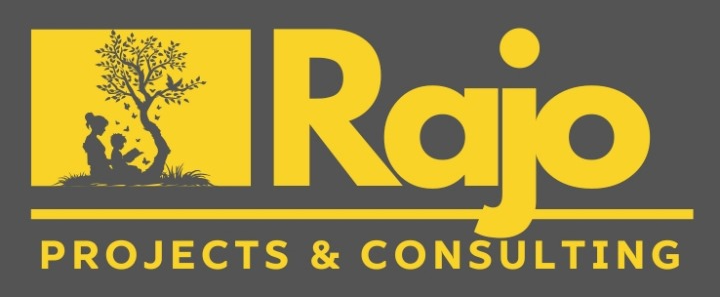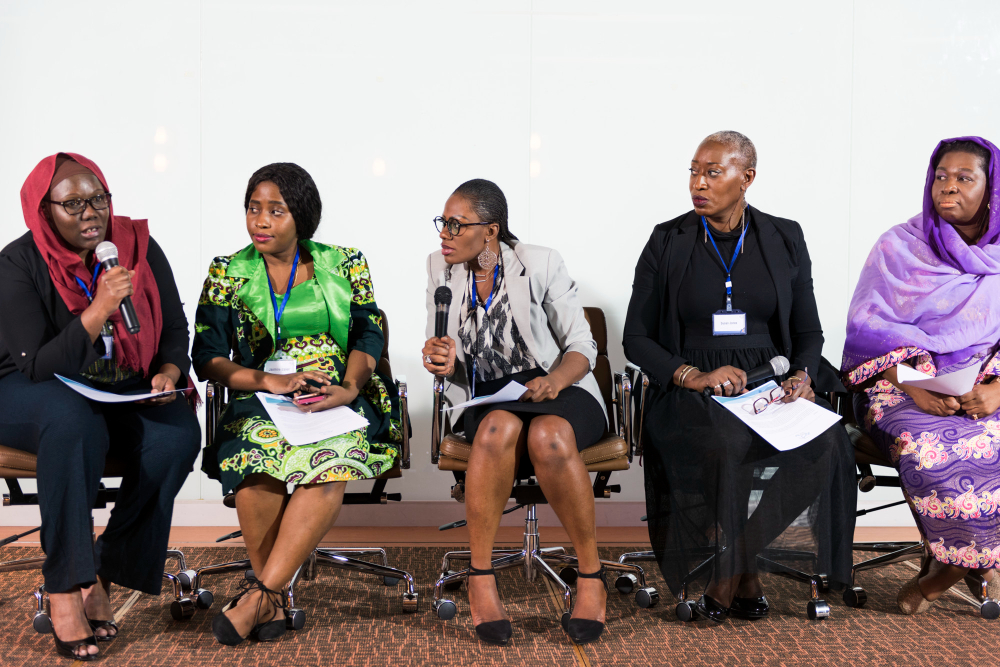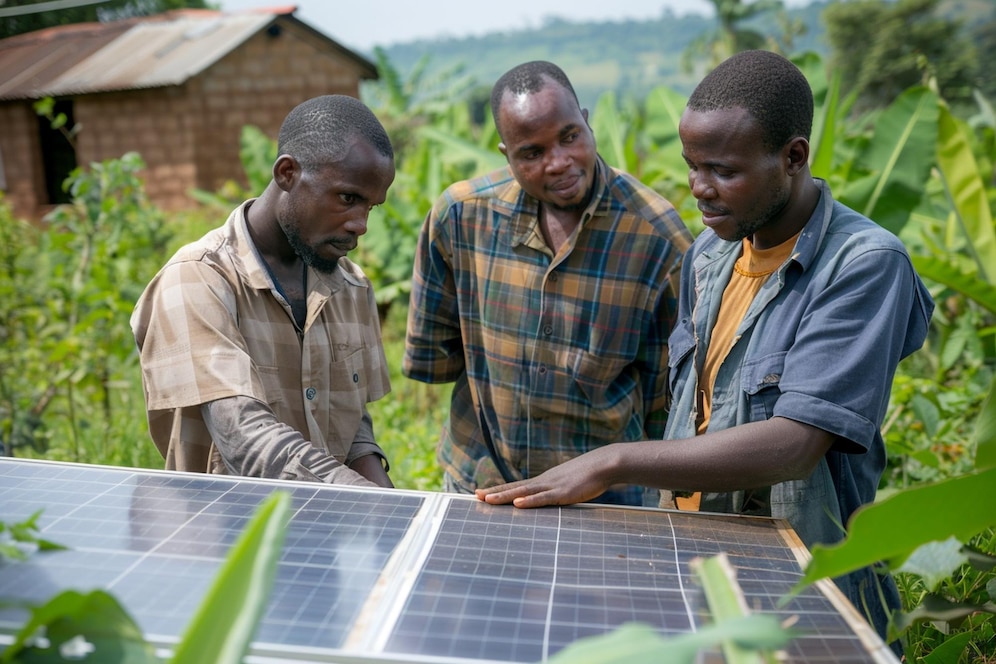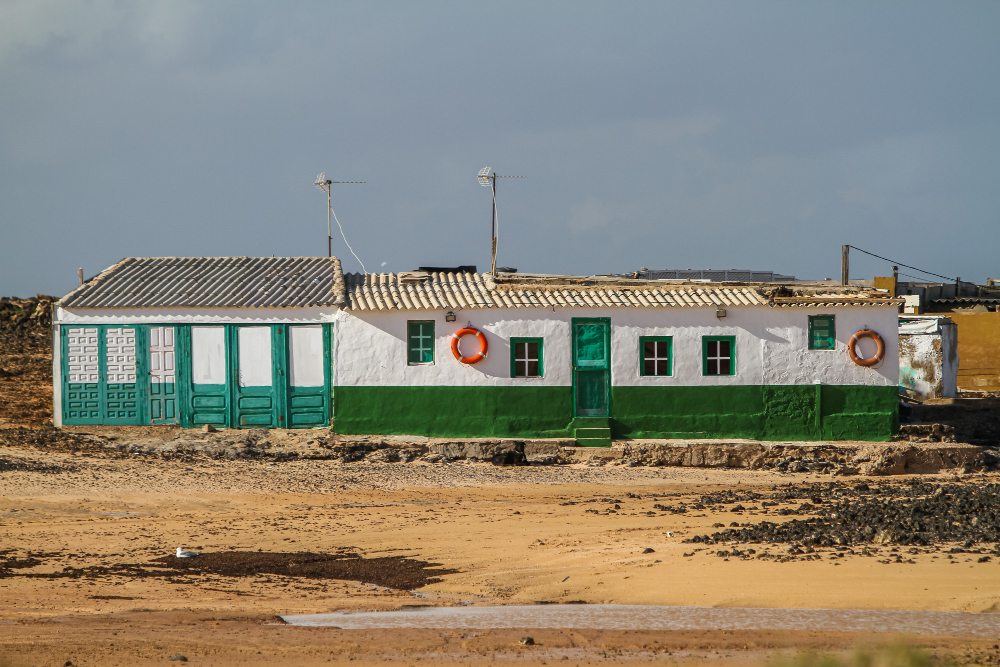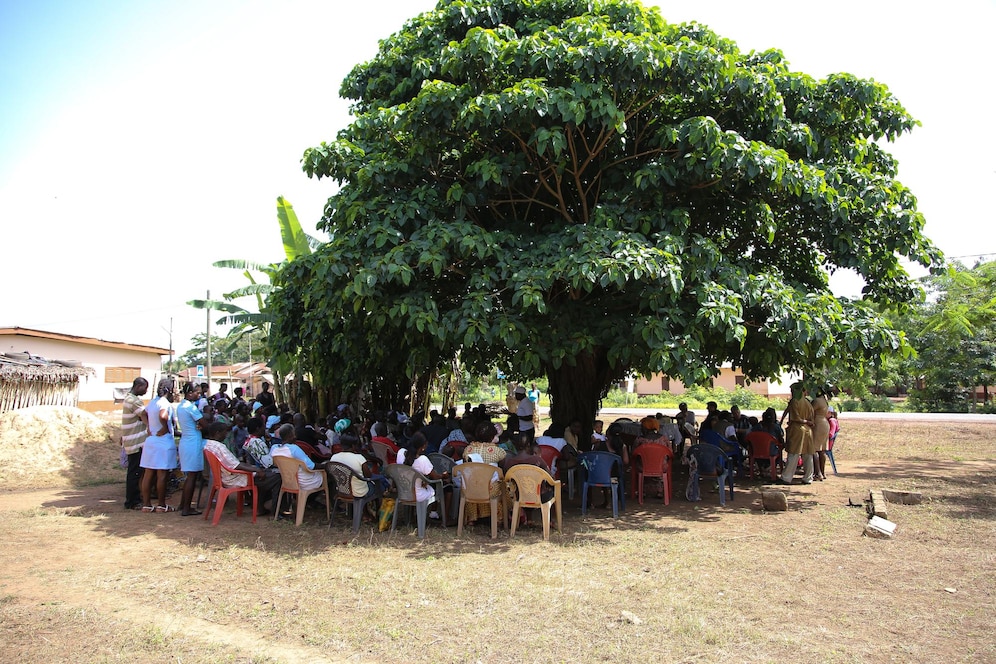Introduction
Governance is a critical pillar for stability and development in the Horn of Africa. In Somaliland and Somalia, improving governance can create an enabling environment for peace, security, and economic growth. This blog explores the governance landscape in both regions, identifies key challenges, and suggests best practices for enhancing governance and institutional development.
Problem Overview
Governance in the Horn of Africa has been deeply affected by conflict, political instability, and weak institutional frameworks. In Somalia, the legacy of civil war and ongoing security challenges have hindered the development of stable state institutions. Somaliland, while relatively peaceful, faces issues related to political polarization, clan-based governance, and limited state capacity to deliver essential services across all sectors.
Weak governance leads to corruption, ineffective service delivery, and a lack of citizen trust in government institutions. The region requires innovative solutions to build stronger governance frameworks that promote inclusivity, accountability, and sustainability.
Case Studies/Examples
- Somaliland’s Local Governance System
Somaliland has made significant strides in building a functional governance framework since declaring independence in 1991. The region has established local governance structures that balance clan-based councils with democratic processes. However, challenges remain, particularly around political polarization and the inclusion of marginalized groups, such as women and youth. A 2022 report from the International Crisis Group highlights the need to strengthen political pluralism and deepen democratic practices to ensure broader representation and accountability. - Somalia’s Efforts in Strengthening Governance
Somalia has undergone significant governance reforms since the establishment of the Federal Government in 2012. International actors, such as the African Union Mission in Somalia (AMISOM), have supported the country’s governance efforts, especially in security sector reform and political dialogue. The Somalia Stability Fund (2019) has supported initiatives to enhance the capacity of local governments through training programs, leading to improved service delivery in certain areas. However, challenges remain in building inclusive and effective governance across the country, especially in the face of continued instability and clan-based politics. - Decentralization in Puntland
Puntland, an autonomous region in northeastern Somalia, has made notable progress in decentralizing governance. Puntland’s decentralized model allows for greater local decision-making and promotes more effective resource allocation. The region has focused on strengthening local governance bodies, which has led to increased public trust and better management of resources, especially in areas like education and healthcare.
Proposed Solutions
- Institutional Capacity Building
Strengthening the technical and operational capacity of local and national governments is crucial. This includes training government officials, improving public administration systems, and investing in infrastructure for public service delivery. Capacity building should also extend to political institutions, ensuring they are equipped to manage electoral processes, governance functions, and policy implementation. - Inclusive Political Processes
Inclusive political processes are fundamental to strengthening governance in both Somaliland and Somalia. Political dialogue should include all relevant stakeholders, including marginalized groups such as women, youth, and minority clans. Promoting inclusive elections and ensuring fair representation in decision-making bodies will help to enhance stability and foster national unity. - Anti-Corruption Measures
Corruption remains a major barrier to effective governance in the Horn of Africa. Implementing robust anti-corruption frameworks, increasing transparency, and holding public officials accountable are essential to restoring trust in government institutions. International actors should support local efforts to establish anti-corruption commissions and strengthen the rule of law. - Security Sector Reform
Reforming the security sector is integral to improving governance in the region. Security forces should be trained to serve the needs of local communities, focusing on protecting citizens and upholding human rights. Reforming the police and military forces to ensure they are accountable, effective, and representative of the country’s diverse populations is key to maintaining stability and fostering confidence in government institutions. - Decentralization of Powers
Decentralizing governance functions can improve responsiveness and bring government closer to the people. Local governments should be empowered with the authority and resources to manage essential services such as healthcare, education, and infrastructure. This not only improves service delivery but also promotes greater local ownership of development projects and policies.
Conclusion
Governance in Somaliland and Somalia has come a long way but still faces significant challenges. Strengthening local institutions, ensuring inclusivity, promoting anti-corruption efforts, and enhancing the security sector are critical steps toward building more resilient governance frameworks. International partners, local governments, and civil society must work together to support these reforms, fostering greater stability, transparency, and accountability in the Horn of Africa.
